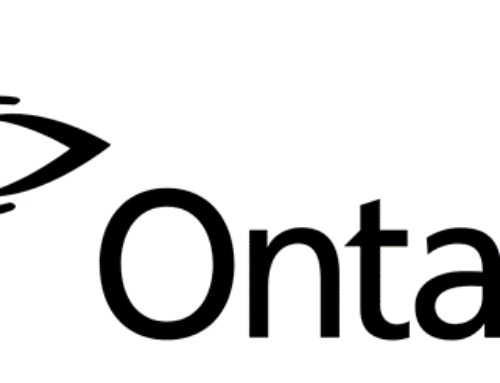
Congratulations! You’ve made the decision to leverage RFP Management Software in your company. You want to save time and write better RFP responses. Now you need to make sure you choose the best RFP Management Software solution for your organization.
To start, there are several good software options out there–RFPIO, Loopio, and RFP360 to name a few. But, making the right decision will require more than just downloading a trial and deciding for yourself. To purchase the best RFP Management software for your organization, you must engage with a sales representative and get a custom quote. They will want to meet with you, discuss your needs, and create a custom quote.
Don’t let this intimidate you. As you engage with different RFP software vendors, this is an opportunity for you to define what you need, identify opportunities based on what the different software can do, and take a deep dive into your own processes to see what you are ready to handle.
Choosing the Best RFP Management Software: Focus on core elements first
Some RFP software comes with extra bells and whistles you may or may not need, such as the ability to track and analyze proposal metrics or integrate with other systems. In the right setup, these ancillary features alone will not produce the value your organization needs from proposal software if the core elements of the software are not optimal
Translation: focus on core features first, namely the proposal content library capabilities and proposal management (project management) features, and build your evaluation from there.
The RFP Response Content Library
Your ability to create and draw from a library of ready-to-go RFP response content is crucial. This is exactly where the promises of substantial time savings and increased win rates come from. Key questions to ask are:
- How easy is it to maintain RFP proposal content in the library in each software?
- Is it formatted in a way that is easy to put into the types of proposals and RFP responses you do?
- Do your key users like the interface?
- Is it easy to use for non-frequent users of the tool, like subject matter experts?
Some of the best Proposal Management Software organizes proposal content into pre-built pages (like pages of a PPT or Word document). If most of your proposals are very similar and require little modification stylistically, this might save you a lot of time and be a preferable solution.
Also, if your proposals have a lot of variety or are very laborious (many questions, different formats, high level of customization required), you need to seek out a software tool that stores content in a way that makes it easy to pull content into different formats.
Finally, consider how easy the software makes it to maintain the content library. Some tools allow you to assign key users to review content on a regular basis and ensure it remains fresh and up-to-date.
Proposal Response Management Features
The most laborious proposals, such as RFPs, require specific outlines and responses to numerous questions. Frequently, these questions must be answered by several different people in your organization, even after you pull in content from your content library. There are several elements to this process. The best RFP Management Software solution needs to do these well:
- Importing outlines and requirements from source documents or templates
- Allowing you to assign portions of the proposal to other users at your organization, who need to be able to easily see what is assigned to them and do their work without being distracted by the rest of the project
- Easily exporting into the final format (your template, the source document, Excel, etc.)
As you evaluate different RFP software tools, you should consider what your RFP response process will look like and who will be involved. Definitely get their feedback as part of the evaluation process. Let your subject matter experts and technical personnel see the potential RFP software tools so they can weigh into the decision, buy into it, and be ready to participate in the process.
Choosing the Best RFP Management Software: Other Key Considerations
In conclusion, while the content library and the proposal management components are most important to get right, we suggest a couple other key considerations as you go through your evaluation. It is worth taking a little extra time and building the right processes to get it right.
- Pricing – while the best proposal management tools have similar pricing overall, the pricing may be dramatically different based on your organization’s makeup (some vendors may charge more for extra users, while others charge less and focus on feature pricing). The right tool for you might not be the cheapest or come with the most features. It may be well worth paying a little extra in return for greater time savings, the ability to go for more business, and improved content quality. By letting cost be the biggest driver, you might pick a suboptimal tool for what you need. You will pay for it with time and opportunity costs on the back end.
- Build a Proof of Concept Before Buying – sometimes RFP software vendors will allow you to set up a trial to test the tool for yourself. Even if they don’t, you can do your own proof of concept using other content tools before you make a final determination on the right tool. For example, you can build a content library in Google Docs or Dropbox and leverage a free project management tool like Trello to test out how your proposal process would look in a new tool. Some organizations opt to go this route for as long as a year or more before making a heavier investment in proposal management software.
We can help you choose the best RFP Management Software
At Boardroom Metrics, we have a proposal process and software consultation practice to help you on the journey to better, faster proposals. Our consultants are professional corporate RFP specialists. They help organizations identify what direction to go in and provide hands-on support in implementing the solution including response writing and library and template development. More information is available by calling Karen at 416-994-6552 or emailing [email protected].








Leave A Comment